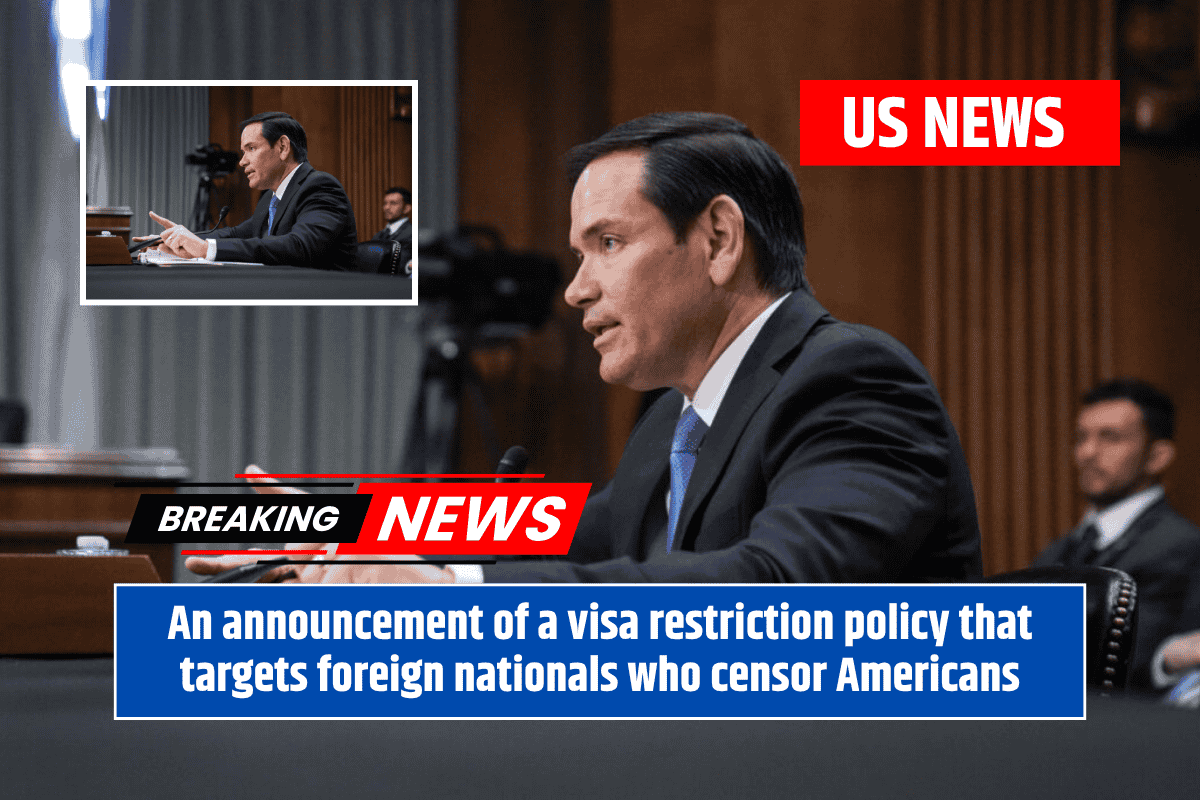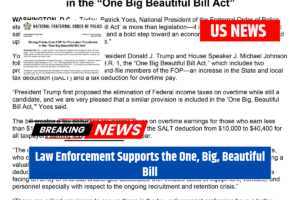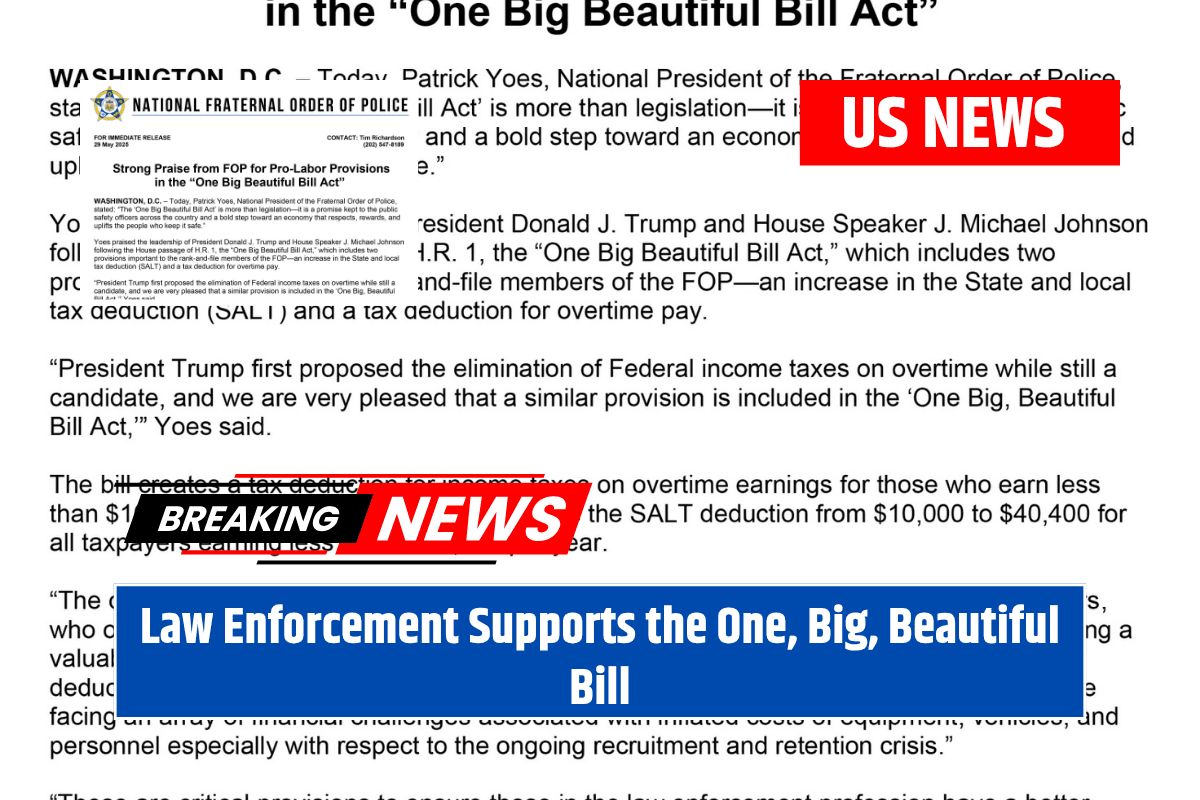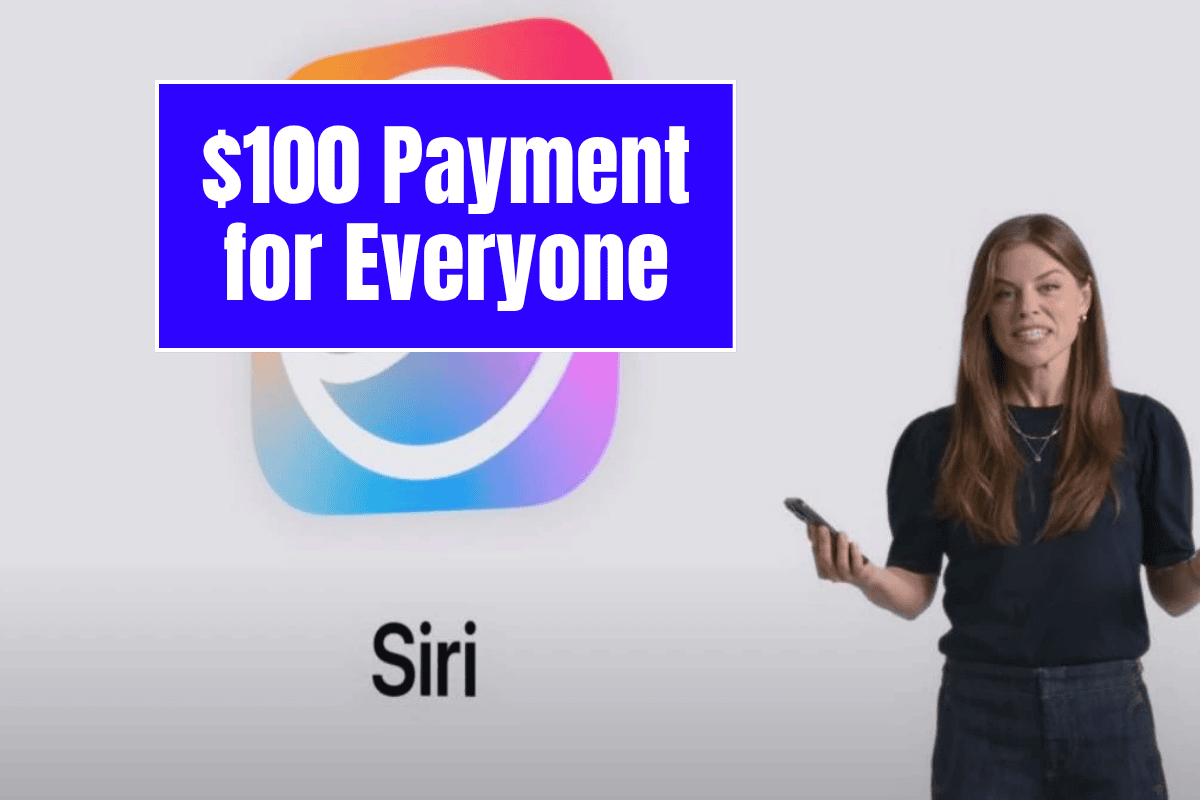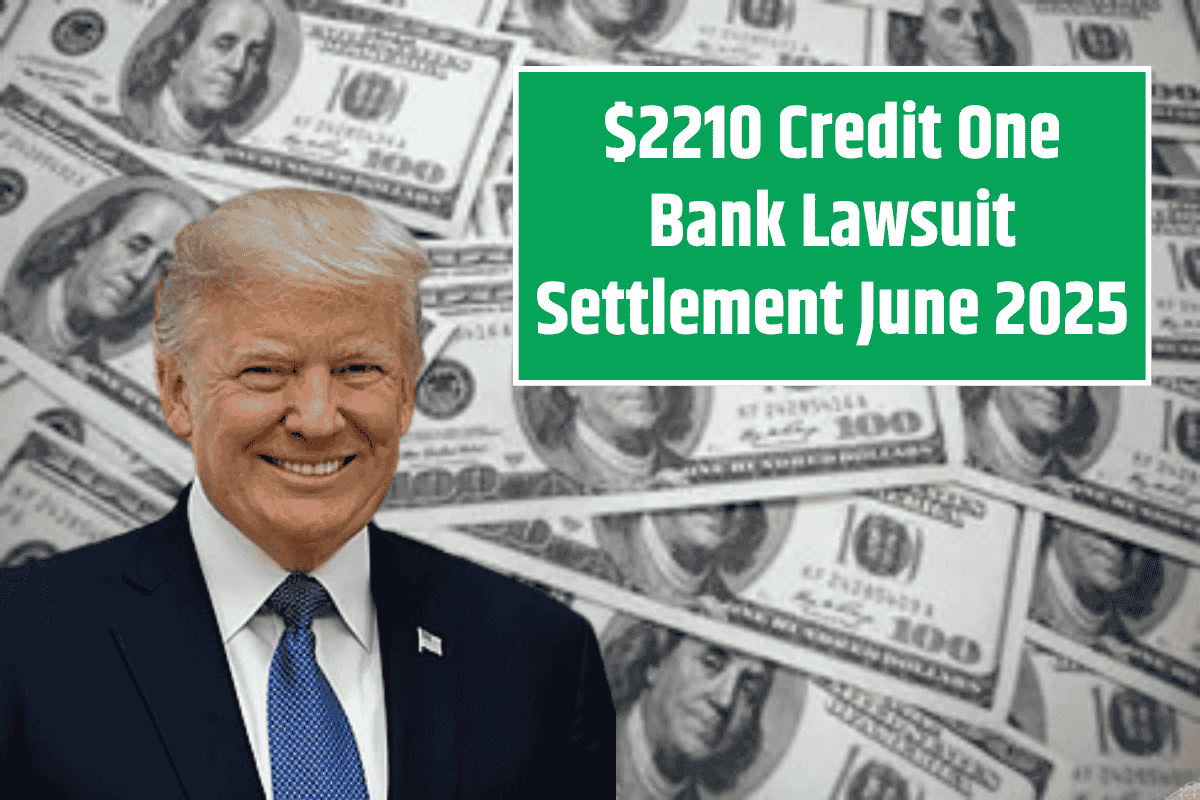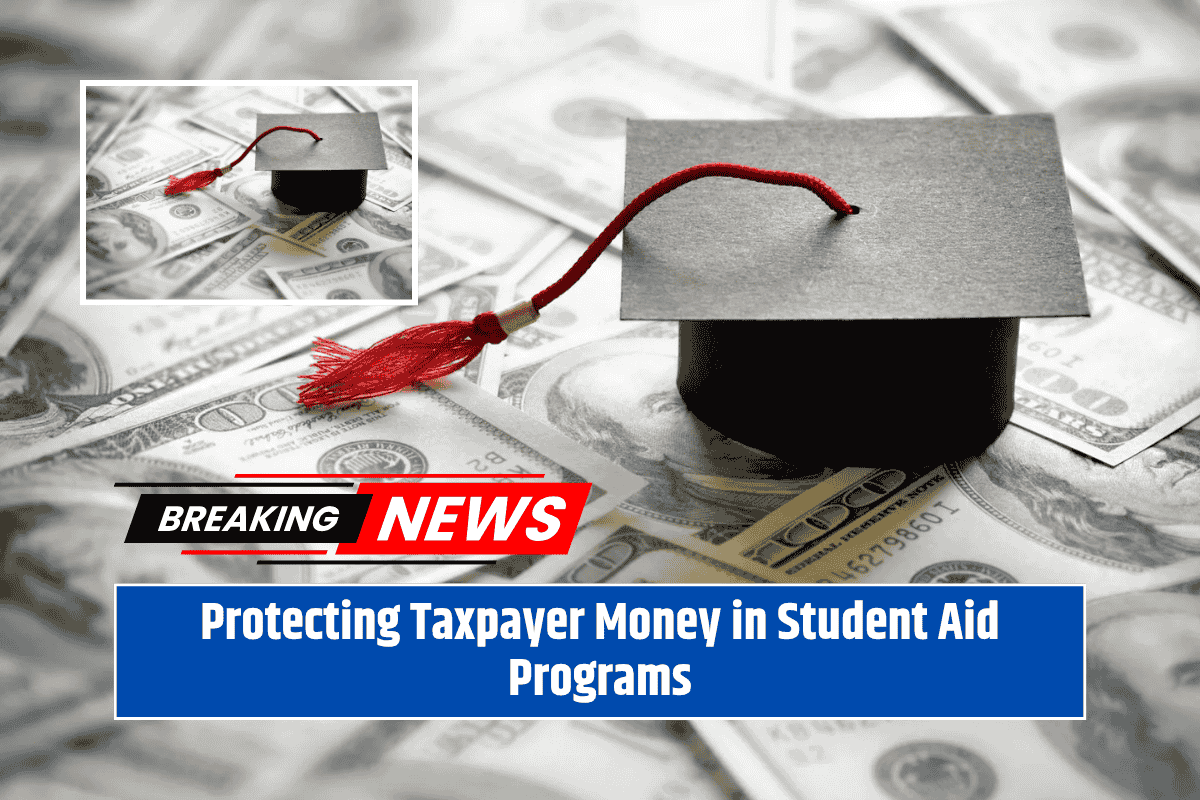Free speech is a foundational right in the United States, protected by the Constitution and valued as a symbol of freedom worldwide. In a bold move to protect this right from outside interference, U.S. leadership has announced a new visa restriction policy targeting foreign nationals who try to censor American expression—even when that speech takes place entirely within the United States.
New Visa Policy to Protect Free Speech
A new U.S. visa restriction policy will apply to foreign individuals who are found to be responsible for censoring legally protected speech by American citizens and residents. This policy aims to stop foreign officials from overreaching their authority and trying to influence or control speech on American platforms or by individuals physically in the U.S.
Why This Policy Was Introduced
The move comes after growing concerns that some foreign governments have attempted to suppress U.S.-based expression. In particular, there have been incidents where foreign officials have threatened arrest or legal action against U.S. citizens for what they post on American social media platforms. Others have pressured U.S. tech companies to enforce censorship rules that apply globally—even within the U.S.—based on their own national interests.
Examples of Foreign Overreach
In some reported cases, foreign officials have tried to influence or threaten U.S. residents through legal notices, arrest warrants, or demands for content removal, even though the expression was entirely lawful under U.S. law. This type of censorship, coming from foreign soil, is now seen as a direct attack on American sovereignty and civil liberties.
Scope of the New Restrictions
Under this policy, visa restrictions may be placed on any foreign national who engages in or supports censorship of protected speech in the U.S. This could include government officials, policymakers, or individuals acting on behalf of a foreign authority. These individuals could be denied entry to the United States, or have their existing visas revoked.
Impact on U.S. Tech Companies
The policy also defends American technology platforms from being forced into applying foreign censorship standards. These companies will no longer be pressured into setting global content moderation policies that suppress lawful speech in the U.S. The government’s message is clear: freedom of expression in America is not up for negotiation by any foreign entity.
Protecting American Sovereignty
Officials have emphasized that this policy is about upholding American values and preventing foreign influence from undermining constitutional rights. No government outside the U.S. has the legal or moral authority to dictate what Americans can say or post on platforms built and operated under U.S. law. The U.S. government is committed to defending that boundary.
This new visa policy is a strong message to the international community: the United States will not allow foreign interference in its democratic freedoms. By enforcing visa restrictions on those who attempt to censor American speech, the country reinforces its stance as a leader in defending free expression. The move reflects a growing global conversation about digital sovereignty, online speech, and the responsibility of nations to protect their own values in an interconnected world.

